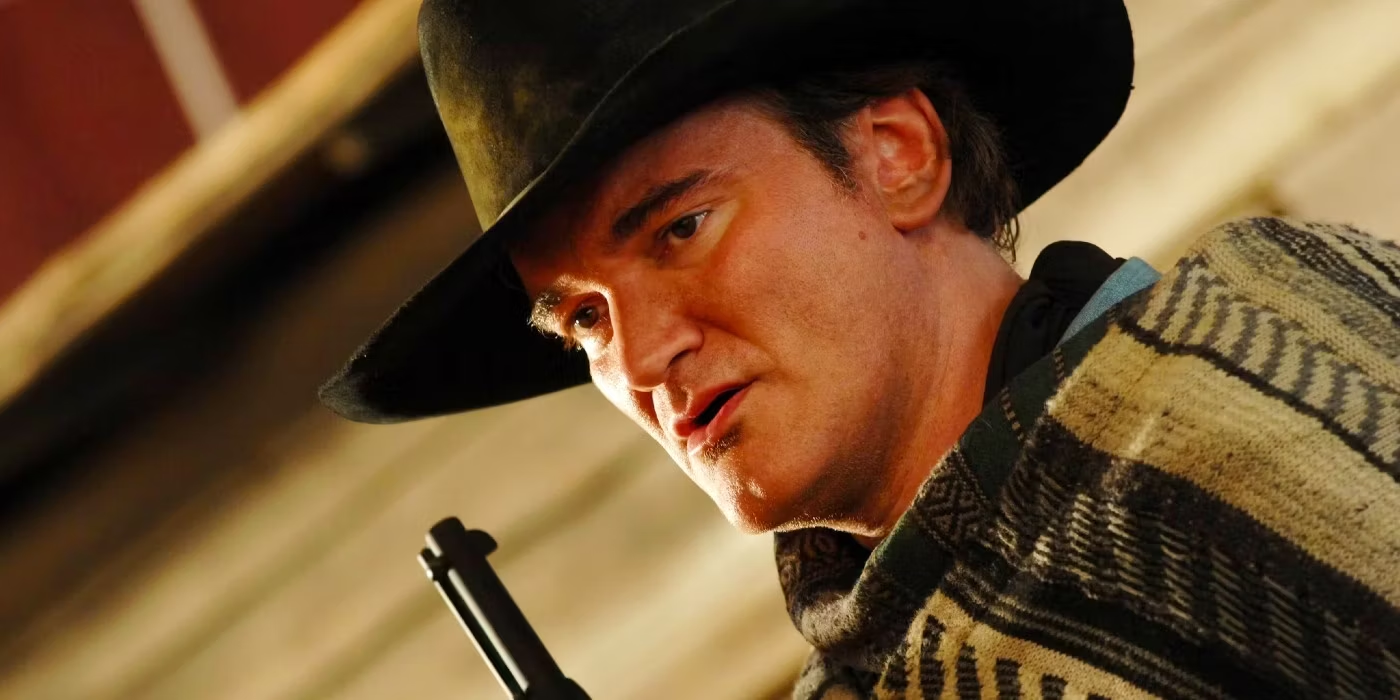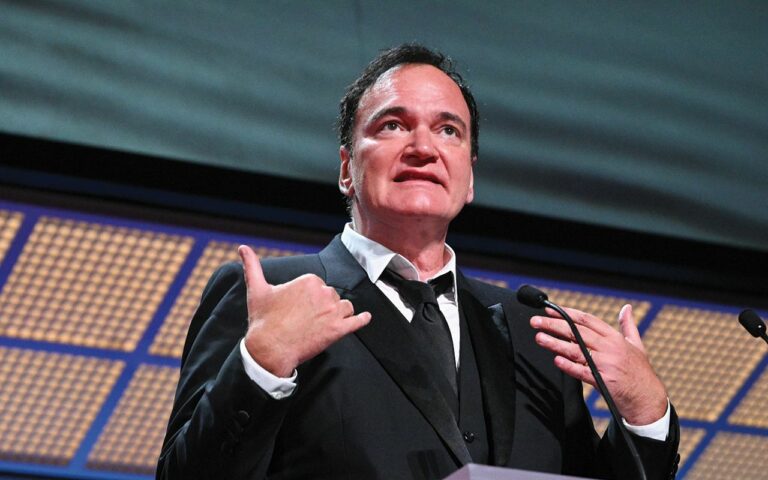Renowned for his candid, often provocative commentary on all aspects of cinema, Quentin Tarantino once again finds his observations at the center of current industry discussions. The iconic director, known for groundbreaking films like “Pulp Fiction” and “Kill Bill,” has long critiqued various facets of the movie business, including the escalating costs of movie tickets. His prescient remarks from an interview back in 2016 have resurfaced as a potential explanation for the disappointing box office performance of two major films in 2024, “The Fall Guy” and “Furiosa: A Mad Max Saga.”

The Economic Divide in Modern Cinema
In a detailed interview with The Hollywood Reporter, Tarantino articulated concerns about rising movie ticket prices, suggesting that this trend was transforming cinema from a universal form of entertainment into a luxury.
“I’ve been saying this since the 80s,” Tarantino recounted, “when movie ticket prices were $5 for everyone in America. And then they started moving up… The key and what you are saying is this is a working man’s artform.”
This statement highlights his view of movies as a democratic, accessible art form, not meant to be exclusive like opera or high-end concerts.
“The Fall Guy” and “Furiosa: A Mad Max Saga”: Case Studies in Economic Accessibility
This year, the economic accessibility of cinema Tarantino once championed was put to the test with “The Fall Guy” and “Furiosa: A Mad Max Saga.” Despite positive critical receptions, with “The Fall Guy” boasting an 81% rating on Rotten Tomatoes and “Furiosa” receiving a near eight-minute standing ovation at Cannes, both films fell short of financial expectations. “The Fall Guy,” starring Ryan Gosling and Emily Blunt, amassed a modest $158 million globally against a $125 million budget. Meanwhile, “Furiosa,” featuring Anya Taylor-Joy and Chris Hemsworth, garnered only $21 million in its opening weekend, with total earnings still struggling to surpass its $170 million budget.

Analysis: The Disconnect Between Artistic Success and Financial Viability
The underwhelming box office returns of these films underscore a growing disconnect between artistic success and financial viability, a gap that Tarantino’s earlier comments on ticket pricing anticipated. As ticket costs rise, the traditional audience for blockbuster films—often ordinary working people—may be increasingly sidelined, unable to justify the expense for a regular cinematic experience.
Implications for the Future of Cinema
The situation raises important questions about the future trajectory of the movie industry. Will filmmakers and studios adjust their strategies to recapture broader audiences, or will cinema continue on a path that prioritizes high earnings from a smaller, more affluent viewer base? Tarantino’s reflections offer a crucial lens through which to view these developments, reminding us that the essence of cinema’s appeal lies in its ability to reach and resonate with a diverse, widespread audience.

In light of Tarantino’s insights and the recent box office data, stakeholders in the film industry may need to rethink their approach to pricing and accessibility if they wish to maintain cinema’s status as a universal art form. As the landscape of movie-going continues to evolve, the words of one of its most outspoken and insightful figures will undoubtedly continue to influence discussions and decisions within the cinematic community.
